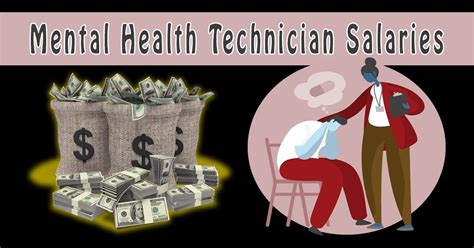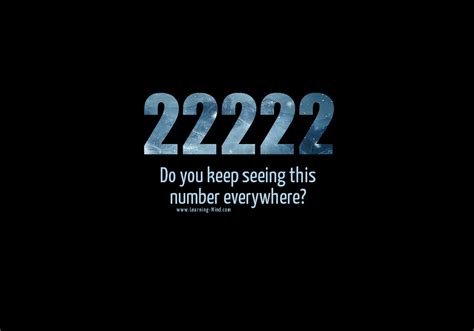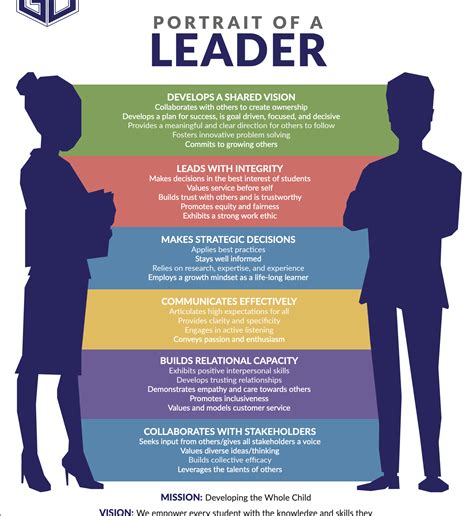Intro
Unlock higher earning potential as a Behavioral Health Technician! Discover 5 evidence-based strategies to boost your salary, including specialized certifications, experience enhancement, and industry-specific skills. Learn how to leverage your expertise in mental health support, crisis intervention, and patient care to increase your market value and secure better compensation.
As a behavioral health technician, you play a vital role in supporting individuals with mental health conditions, substance abuse disorders, or developmental disabilities. While the work can be incredibly rewarding, many technicians struggle with lower salaries compared to other healthcare professionals. However, there are several strategies you can employ to boost your behavioral health technician salary and improve your overall compensation package.
Understanding the Average Salary Range

According to the Bureau of Labor Statistics (BLS), the median annual salary for psychiatric technicians, which includes behavioral health technicians, was $34,630 in May 2020. However, salaries can vary significantly depending on factors such as location, employer, level of experience, and specific job duties. To increase your earning potential, it's essential to understand the average salary range for behavioral health technicians in your area and industry.
1. Pursue Higher Education and Certifications

One of the most effective ways to boost your behavioral health technician salary is to pursue higher education and certifications. Many employers require or prefer candidates with a post-secondary certificate, diploma, or associate's degree in a related field, such as psychology, social work, or healthcare. Additionally, obtaining specialized certifications, such as the Certified Behavioral Health Technician (CBHT) or the Certified Addiction Counselor (CAC), can demonstrate your expertise and commitment to the field, leading to higher salary potential.
Some popular certifications for behavioral health technicians include:
- Certified Behavioral Health Technician (CBHT)
- Certified Addiction Counselor (CAC)
- Certified Mental Health Technician (CMHT)
- Certified Developmental Disabilities Technician (CDDT)
Education and Certification Requirements
- Post-secondary certificate, diploma, or associate's degree in a related field
- Specialized certifications, such as CBHT, CAC, CMHT, or CDDT
- Continuing education and training to maintain certifications and stay current with industry developments
2. Gain Relevant Work Experience

Gaining relevant work experience is crucial to increasing your behavioral health technician salary. Employers often prefer candidates with prior experience working in behavioral health settings, such as hospitals, clinics, or residential facilities. By accumulating experience, you can develop valuable skills, build a professional network, and demonstrate your ability to work effectively with diverse populations.
Some ways to gain relevant work experience include:
- Volunteering or interning at behavioral health organizations
- Participating in job shadowing or mentorship programs
- Working as a behavioral health technician in a related field, such as substance abuse counseling or developmental disabilities support
Work Experience Requirements
- 1-2 years of experience working in behavioral health settings
- Prior experience working with diverse populations, such as children, adults, or older adults
- Ability to work effectively in team-based environments and communicate with healthcare professionals
3. Develop Specialized Skills

Developing specialized skills can significantly boost your behavioral health technician salary. Employers often seek candidates with expertise in specific areas, such as crisis intervention, medication management, or electronic health records (EHRs). By acquiring specialized skills, you can increase your marketability and demonstrate your value to potential employers.
Some specialized skills for behavioral health technicians include:
- Crisis intervention and de-escalation techniques
- Medication management and administration
- Electronic health records (EHRs) and telehealth platforms
- Trauma-informed care and cultural competency
Specialized Skills Requirements
- Proficiency in crisis intervention and de-escalation techniques
- Knowledge of medication management and administration
- Familiarity with EHRs and telehealth platforms
- Understanding of trauma-informed care and cultural competency principles
4. Negotiate Salary and Benefits

Negotiating salary and benefits is an essential step in boosting your behavioral health technician salary. When discussing compensation with potential employers, be prepared to highlight your education, certifications, work experience, and specialized skills. Additionally, consider negotiating benefits, such as health insurance, paid time off, or professional development opportunities.
Some tips for negotiating salary and benefits include:
- Researching average salaries and benefits in your area and industry
- Highlighting your unique qualifications and skills
- Negotiating benefits, such as health insurance or paid time off
- Considering alternative compensation packages, such as flexible scheduling or professional development opportunities
Salary and Benefits Negotiation Tips
- Research average salaries and benefits in your area and industry
- Highlight your unique qualifications and skills
- Negotiate benefits, such as health insurance or paid time off
- Consider alternative compensation packages, such as flexible scheduling or professional development opportunities
5. Pursue Leadership Roles or Specialized Positions

Pursuing leadership roles or specialized positions can significantly boost your behavioral health technician salary. By taking on additional responsibilities, such as supervising staff or leading programs, you can demonstrate your leadership skills and increase your earning potential.
Some leadership roles or specialized positions for behavioral health technicians include:
- Program coordinator or manager
- Team leader or supervisor
- Clinical specialist or consultant
- Training and development coordinator
Leadership Roles and Specialized Positions Requirements
- 2-5 years of experience working in behavioral health settings
- Prior experience in leadership or management roles
- Ability to supervise staff and lead programs
- Strong communication and interpersonal skills
What is the average salary for a behavioral health technician?
+The average salary for a behavioral health technician varies depending on factors such as location, employer, level of experience, and specific job duties. According to the Bureau of Labor Statistics (BLS), the median annual salary for psychiatric technicians, which includes behavioral health technicians, was $34,630 in May 2020.
How can I increase my salary as a behavioral health technician?
+To increase your salary as a behavioral health technician, consider pursuing higher education and certifications, gaining relevant work experience, developing specialized skills, negotiating salary and benefits, and pursuing leadership roles or specialized positions.
What are some specialized skills for behavioral health technicians?
+Some specialized skills for behavioral health technicians include crisis intervention and de-escalation techniques, medication management and administration, electronic health records (EHRs) and telehealth platforms, and trauma-informed care and cultural competency.
By implementing these strategies, you can significantly boost your behavioral health technician salary and improve your overall compensation package. Remember to stay focused on your career goals, continuously develop your skills and knowledge, and advocate for yourself in the workplace.
